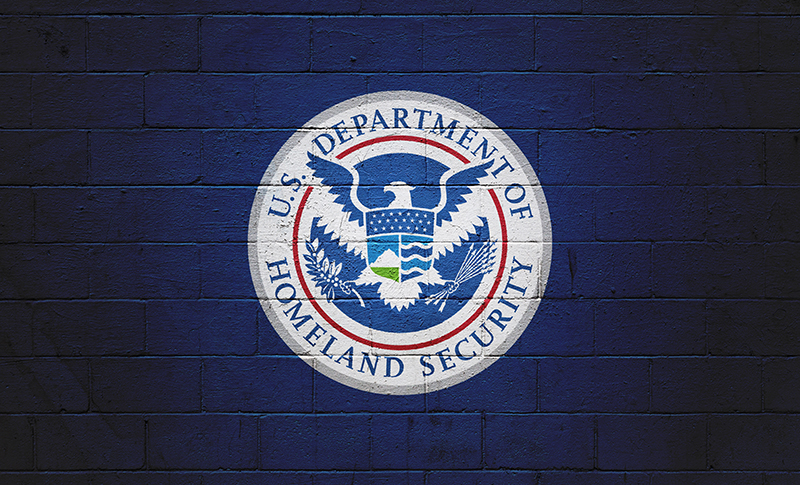
The Department of Homeland Security (DHS) has published a “final rule” that withdraws a merit-based H-1B regulation developed by the Trump administration. I put “final rule” in quotation marks because the document the Biden administration published did not follow the notice and comment requirements under the Administrative Procedure Act (APA).
The H-1B temporary foreign worker program is highly popular, especially with Big Tech, because it allows employers to legally underpay the foreign workers compared to true market wages. Because of this ability to keep payroll costs artificially low, employers for many years have requested more H-1Bs than the 85,000 cap set by Congress (20,000 of which are reserved to alien’s with a U.S. advanced degree).
U.S. Citizenship and Immigration Services (USCIS) utilized a lottery to allocate the cap-subject H-1Bs. This structure was designed out of administrative convenience rather than directed by Congress, the result being that most of the H-1B visas are issued to foreign workers at the two lowest prevailing wage levels.
The Trump administration felt that leaving it to pure luck which foreign workers will obtain H-1Bs in a given fiscal year is an inherently flawed and unfair process. In November 2020, Trump’s DHS published a notice of proposed rulemaking (NPRM) that proposed to amend the H-1B selection process so USCIS would first select registrations based on the highest Occupational Employment Statistics (OES) prevailing wage level that the proffered wage equals or exceeds for the relevant Standard Occupational Classification (SOC) code and area(s) of intended employment. In other words, H-1B visas would be allocated based on salaries offered rather than at random. Notwithstanding the substantive flaws of the H-1B program, this revised selection process was truly merit-based and ensured that lower-skilled foreign workers did not take cap numbers away from the highest-skilled.
On January 8, 2021, DHS published the H-1B Selection Final Rule, an impressive feat to complete the rulemaking process in such a short amount of time. The final rule was originally set to be effective March 9, 2021 but in February the Biden administration delayed the effective date until December 31, 2021. The notice that effectuated the delay explained that the Biden administration was pushing it back “because USCIS will not have adequate time to complete system development, thoroughly test the modifications, train staff, and conduct public outreach needed to ensure an effective and orderly implementation of the H-1B Selection Final Rule by the time the initial registration period will be open for the upcoming fiscal year (FY) 2022 H-1B cap season.”
The notice also sought public comment on the delayed effective date, with the Center writing that December 31 is sufficient time for USCIS to be prepared to implement the rule for the next H-1B cap season in March 2022 and offering support of the substance of the final rule, saying in part, “This simplistic but smart regulatory change is just a better way to distribute cap subject H-1Bs.”
The U.S. Chamber of Commerce challenged the rule in court, exposing the organization as a proponent of the lowest-skilled and -paid H-1Bs. The lawsuit claimed that DHS acting secretary Chad Wolf lacked the authority to sign off on the regulation, a position the Biden administration refuted in court for months. Now it appears that the pressure campaign by advocates of unlimited immigration prevailed, as the Biden administration abruptly dropped its defense of Wolf’s authority. By capitulating on that issue, the judge ruled in favor of the Chamber, effectively killing the H-1B Selection Final Rule without the Biden administration so much as having to draft a single word of a rescission NPRM.
The Biden administration also utilized this new side-door strategy to revoke the Trump administration’s public charge final rule which was actually in effect the day Biden was sworn in. If an administration can now go to court with a friendly plaintiff to remove regulations it disfavors, the APA will cease to matter and the regulatory process will be nullified.
As a result of withdrawing the H-1B Selection Final Rule, USCIS will continue to run a lottery, which means that the lowest-skilled foreign workers will continue to capture the lion’s share of H-1Bs every year.
